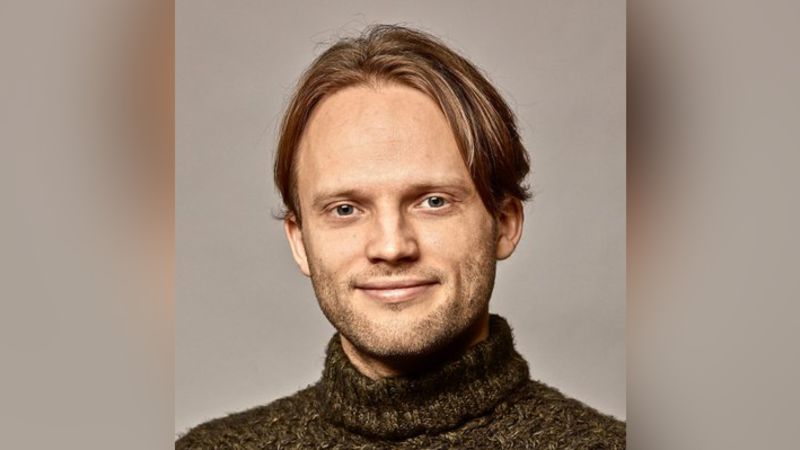A departing OpenAI executive, Jan Leike, has raised concerns about the company’s priorities regarding AI safety as he resigned from his role leading the superalignment team. The terms “alignment” and “superalignment” in the artificial intelligence space refer to training AI systems to operate within human needs and priorities. Leike joined OpenAI in 2021 to co-lead the Superalignment team focused on steering and controlling AI systems smarter than humans. However, he expressed frustration that the team was under-resourced and struggled to conduct crucial research due to a lack of necessary resources.
Leike’s exit comes amid a broader leadership shuffle at OpenAI, with OpenAI Co-Founder and Chief Scientist Ilya Sutskever also announcing his departure. Sutskever had played a central role in the firing and subsequent return of OpenAI CEO Sam Altman, having initially voted to remove Altman but later signed an employee letter calling for Altman’s return. Concerns about the development and public release of AI technology caused tension within the company, especially with the recent announcement of making the powerful AI model GPT-4o available for free to the public. This move raised questions about the company’s focus on safety and related topics.
Leike emphasized the importance of focusing on preparing for future generations of AI models, security, monitoring, safety, adversarial robustness, alignment, confidentiality, societal impact, and other related topics. He expressed concern that the company was not on a trajectory to address these challenges adequately. In response to Leike’s claims, OpenAI directed to a post from Altman stating the company’s commitment to safety and appreciating Leike’s contributions to alignment research and safety culture. Altman acknowledged that there is more work to be done on safety issues and indicated that a more detailed response would be forthcoming in the next few days.
The concerns raised by Leike highlight the ongoing challenges and tensions within OpenAI regarding the development and deployment of AI technology. The departure of key executives like Leike and Sutskever, along with previous leadership changes, indicate a shifting landscape at the company. The focus on safety, alignment, and other critical issues related to AI development requires a concerted effort and commitment from organizations like OpenAI to ensure responsible and ethical deployment of advanced AI systems. It remains to be seen how OpenAI will address these concerns and prioritize safety in its future endeavors.
The growing importance of AI technology in various industries underscores the need for proactive measures to address safety and ethical concerns. As AI systems become more sophisticated and powerful, the potential risks and implications of their use also increase. Companies like OpenAI play a crucial role in shaping the responsible development and deployment of AI technology. The recent departures at OpenAI and the concerns raised by Leike highlight the complexities and challenges involved in managing the risks associated with advanced AI systems. It will be essential for organizations to prioritize safety, alignment, and other critical issues to ensure the responsible development of AI technology.
In conclusion, the concerns raised by departing OpenAI executive Jan Leike underscore the importance of prioritizing safety and ethical considerations in AI development. The leadership shuffle at OpenAI and the departure of key executives highlight the ongoing challenges and tensions within the company regarding the responsible deployment of AI technology. Moving forward, OpenAI and other organizations in the AI space must address these concerns and prioritize safety, alignment, and other critical issues to ensure the ethical development and deployment of advanced AI systems. It remains to be seen how OpenAI will respond to these challenges and work towards addressing the concerns raised by Leike and others within the company.


